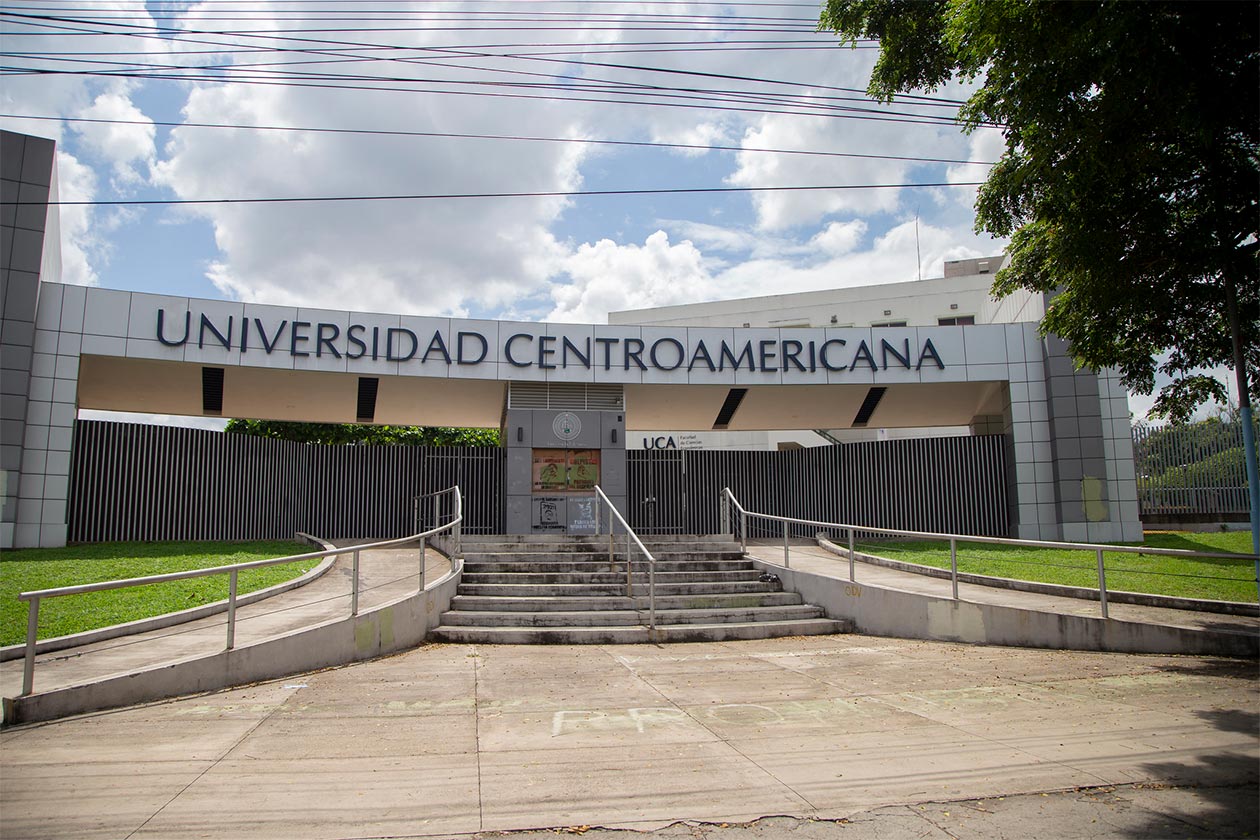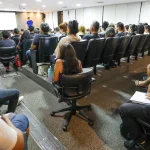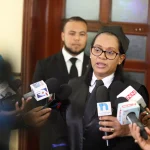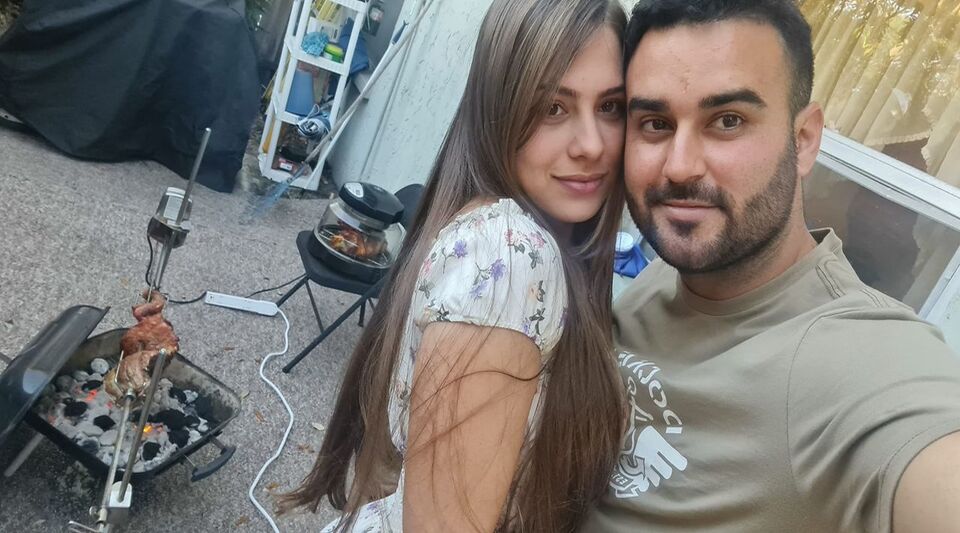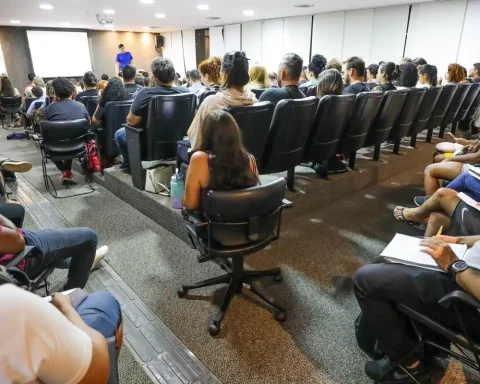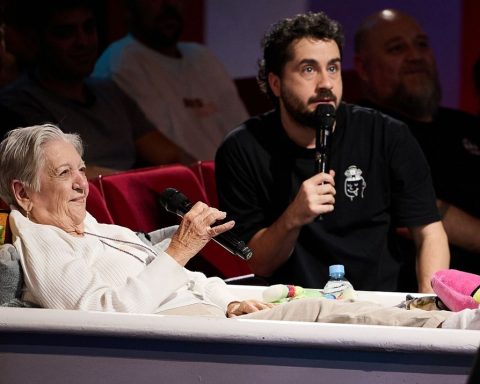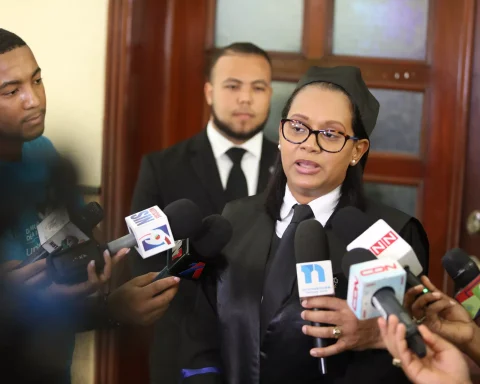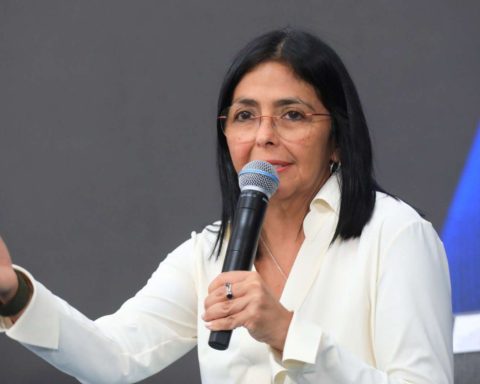The initiative to reform the General Law of Education and the Law of Autonomy of Higher Education Institutions (IES) promoted by Ortega in the National Assembly, excludes the Central American University (UCA) from the formation of a new National Council of Universities (CNU), which in addition to administering the constitutional 6% among its ten members, will now be able to “intervene” in the country’s universities; a fact that disrupts the already weakened university autonomy and consolidates partisan control, consider education specialists.
The Ortega deputy and president of the National Assembly, Gustavo Porras, introduced the initiative on Tuesday and it was sent to the Education Commission. The reform specifies in article 56 the integration of the CNU – which is currently directed by officials related to the regime – by ten universities: the state-owned National Autonomous University of Nicaragua (UNAN-Managua), the UNAN-León, the National University of Engineering ( UNI), the National Agrarian University (UNA), and the three recently created, after the dispossession of the legal status of five private universities and the subsequent occupation of their assets by the CNU.
The two Caribbean universities and a “private university” that will be designated by the CNU are added, without determining under what criteria it will be chosen. The 6% budget item will be divided among these ten houses of study, according to what is determined in article 58 of the reform: “to approve the policy and distribution of the funds assigned to the universities established in article 56 of this law,” he says. The document.
With this reform, “the CNU will be the body that decides to whom to give or not funds of 6%, they can even benefit other universities that are designated by the same CNU; for example, the UAM -American University-“, pointed out Dr. María Asunción Moreno, jurist and academic.
The education specialist, Ernesto Medina, considers it unlikely that the “private university” that the CNU will choose to be part of it and enjoy state funds will be the UCA, rather, it could be any institution related to political operators of the Ortega regime. .
“These ten universities are the ones that are going to receive 6% and the UCA does not appear. We must assume, unless something very rare happens, that the nine universities decide that the private one that is going to be part of the CNU is going to be the UCA… but I see it as very unlikely”, he expressed.
The onslaught of the regime of Daniel Ortega and Rosario Murillo against the Jesuit university has intensified since 2018, with the social outbreak of civic protests. The house of studies was a refuge for thousands of Nicaraguans who fled the massacre of May 30, in 2018; but in addition, his campus, shortly before the pandemic, was the only safe place where students protested against government authoritarianism.
The UCA has also denounced the human rights crisis that the country is going through. His stance in favor of the people and defense of his students has brought him retaliation by the Government, which has drastically reduced his budget allocation.
In the last four years he has stopped receiving 250.9 million cordobas, according to an analysis of CONFIDENTIAL and this year, he barely received one million cordobas, as part of the 6%.
The reform also eliminates the Institute of History of Nicaragua and Central America (IHNCA), which in the current law appeared together with the Center for Research and Documentation of the Caribbean Coast (CIDCA) as centers attached to the UCA. Now, CIDCA will be managed by a Caribbean university.
CNU can intervene in the country’s universities
Among the new functions granted by the reform to the CNU is the ability to intervene Higher Education Institutions (HEIs) under three grounds: “at the request of the public administration body for non-compliance with the obligations indicated by the Law of the matter” , “non-compliance with rules and regulations issued by the CNU or the CNEA- National Council for Evaluation and Accreditation and for” complaint related to the abuse of the powers conferred by law”, determines article 58.
“What does it mean to intervene? It is a very heavy word and in the hands of this regime we can only imagine the worst. That Daniel Ortega comes to intervene in a university, I think we can already imagine what it means, and unfortunately that is going to be one of the new functions of the CNU, “said Medina.
He added that this new reform that elevates the CNU to a governing body, practically, “is creating a new ministry”, which recalls the centralization of higher education in the eighties, through the National Council of Higher Education, considered as an instrument to suppress the autonomy of the universities, at that time, in favor of the revolution. Now, the interest is “to subject the universities to total partisan control, which also means the total loss of university autonomy,” he warns.
For Moreno, the regime intends to “legalize control over public universities, through the elimination of university autonomy and academic freedom, and in this way subject universities to the total domination of the regime.”
The changes proposed by the Government represent “a setback of the educational subsystem superior to the eighties with aggravating circumstances for the educational system, in which the university as a center of thought, criticism and contribution to society, disappears. The control extends to the Higher Technical Education centers by repealing Art.14 of the current law”, stressed the academic.
Ortega argues the need for reform in strengthening the Higher Education Subsystem and the CNU, as its governing body. From Medina’s perspective, in reality the Subsystem is not being strengthened, and the clear objective is to strengthen the CNU, which he considers will become another “enormous bureaucratic apparatus” that will perform functions that correspond to the universities in the enjoyment of Their independence.
“What we are going to have are teams of political commissioners without any technical capacity, so the future of the higher education subsystem as a product of this reform, I see very dark,” he says. For Moreno, “it is a regulation that aims to Cubanize the higher education subsystem.”
The CNU with the most power over HEIs
The reform also states that HEIs must submit to the approval of the CNU, the profiles and study plans of careers and undergraduate, graduate and postgraduate programs.
The CNU will also have the power to authorize the creation of new HEIs. As well as “dictating, approving or denying the opening of undergraduate, graduate and postgraduate careers or academic programs.”
You can also cancel the opening of a new university that within a period of six months does not obtain its legal personality by the corresponding instance. Likewise, it will have the possibility of requesting from the IES the information that it considers necessary for its better performance and that of higher education; In total, of the seven current functions of the CNU, it became 23 with the reform.
Through the CNU, the regime will appoint rectors, teachers, administrative and academic authorities, will allocate the 6% funds, etc. “We are facing an initiative that is the death certificate of university autonomy, academic freedom and of the university as a center of thought and criticism. The big losers are the young people whose right to a quality education, inspired by democratic, ethical and freedom principles, is being violated”, underlines Moreno.
